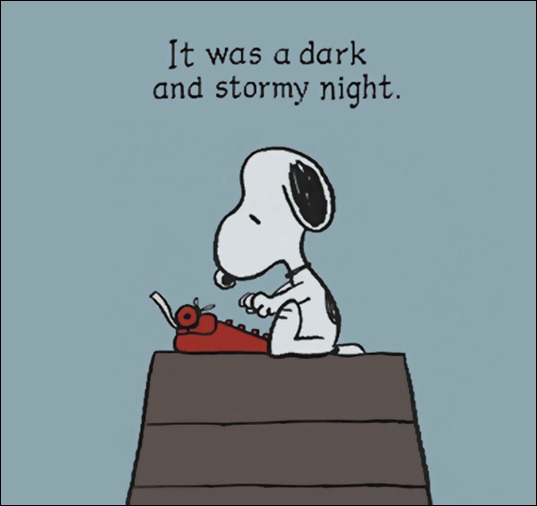Using Essere and Stare in the Past Tense Posted by Serena on Aug 29, 2014 in Grammar
Recently I received a comment from a reader asking about the correct use of the imperfect and present perfect of essere and stare. Here is my reply:
Firstly, if you want to revise the difference between essere and stare, you can read THIS BLOG. Now let’s have a look at their use in the imperfetto (imperfect tense) and the passato prossimo (present perfect). Allora, we’ll start with the verb stare:
1. To talk about somebody’s health we use stare followed by the adverbs bene (well), male (bad), meglio (better), peggio (worse), and so on.
Here’s a short conversation which uses the imperfect tense (stava):
Maria: ”Ciao Laura, sai come sta Giorgio?” (Maria: “Hi Laura, do you know how Giorgio is?”)
Laura: “l’ultima volta che l’ho visto non stava tanto bene” (Laura: “the last time I saw him he wasn’t very well”. Imperfect)
Now here’s an example of the passato prossimo (è stato):
Maria: ”Ciao Laura, sai come sta Giorgio?” (Maria: “Hi Laura, do you know how Giorgio is?”)
Laura: “Sì, so che è stato male, ma mi hanno detto che ora sta meglio” (Laura: “Yes, I know he has been unwell, but I’ve heard that he’s feeling better now”. Present perfect)
2. To explain where we used to stay/stayed we use stare followed by the location:
da bambina l’estate stavo dai miei nonni (when I was a child I used to stay at my grandparents in the summer. Imperfect)
quando siamo andati a Ravenna siamo stati all’Ostello della Gioventù (when we went to Ravenna we stayed at the Youth Hostel. Present perfect)
Now let’s look at the use of the verb essere:
3. To describe people, places and situations we use the imperfect tense of essere:
mio padre era figlio unico (my father was an only child.)
la casa dove sono nata era molto grande e intorno c’erano molti alberi (the house where I was born was very big and around it there were many trees.)
era una notte buia e tempestosa … (it was a dark and stormy night …)
 |
| Listen to: era una notte buia e tempestosa … (it was a dark and stormy night …) |
4. To talk about an event that is now over we use the present perfect of essere:
è stata una bella festa (it was a lovely party)
lo scorso inverno è stato molto mite (last winter was very mild)
P.S. As you may have noticed, a main source of confusion is the fact that the verbs stare and essere use the same passato prossimo (present perfect), for example, sono stato/a can mean either ‘I was’ or ‘I stayed’, and siamo stati/e can mean either ‘we were’ or ‘we stayed’. In most cases the meaning is clear from the context:
Quando Giorgio era a Napoli è stato a casa di sua zia (When Giorgio was in Naples he stayed at his aunt’s house Present perfect of the verb stare)
è stato un pomeriggio molto caldo (it was a very hot afternoon. Present perfect of the verb essere)
In other cases the two verbs are more or less interchangeable:
siamo stati a Ravenna tre giorni (we were/stayed in Ravenna for three days)
sono stata tutto il pomeriggio in casa (I was/stayed in all afternoon).

Build vocabulary, practice pronunciation, and more with Transparent Language Online. Available anytime, anywhere, on any device.




Comments:
June:
Mi dispiace ma non capisco/vedo la differenza fra “era una notte buia e tempestosa” ed “e` stato un pomeriggio molto caldo.” Pensavo che per descrivere il tempo al passato si userebbe sempre l’ imperfetto. E perche` non si direbbe “Si`, so che stava male ma mi hanno detto che ora sta meglio.” (Yes, I know that he used to feel badly but they told me that now he feels better.) Sono curiosa… June
Serena:
@June Salve June, a volte è difficile capire la sottile differenza che passa fra l’imperfetto e il passato prossimo, quando l’italiano non è la tua lingua madre. Allora vediamo:
“era una notte buia e tempestosa” usa l’imperfetto perché questa frase di apertura serve a preparare la scena. Immagina che sia lo sfondo scenografico a teatro quando si apre il sipario, prima che cominci l’azione.
“e` stato un pomeriggio molto caldo” usa il passato prossimo perché qui abbiamo il giudizio conclusivo di un fatto, di una situazione, non la descrizione scenografica iniziale.
Per quanto riguarda “Si`, so che stava male ma mi hanno detto che ora sta meglio.”, qui l’imperfetto va benissimo. Io però ho usato il passato prossimo perché la mia enfasi era sula fatto che ora Giorgio sta meglio, cioè che la mallatia è ora un fatto passato, concluso (‘he was ill, now he’s feeling better’, rather than ‘he used to feel badly’).
Spero di essere stata chiara
Saluti da Serena